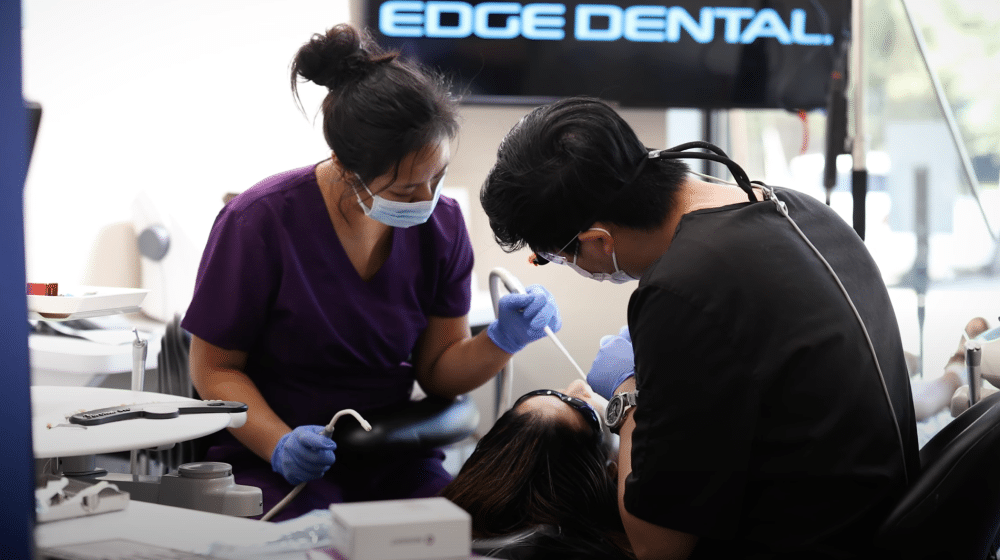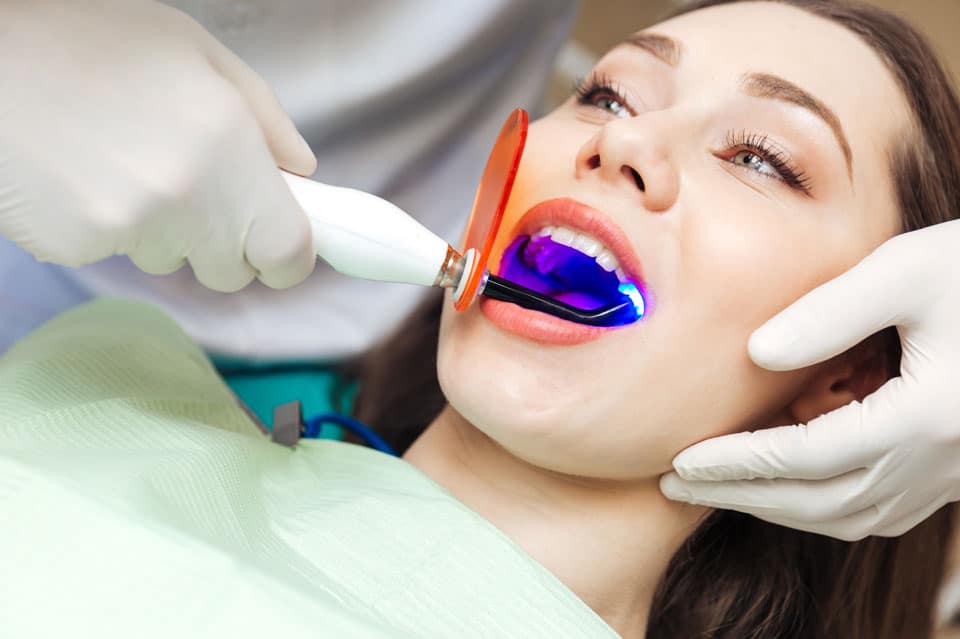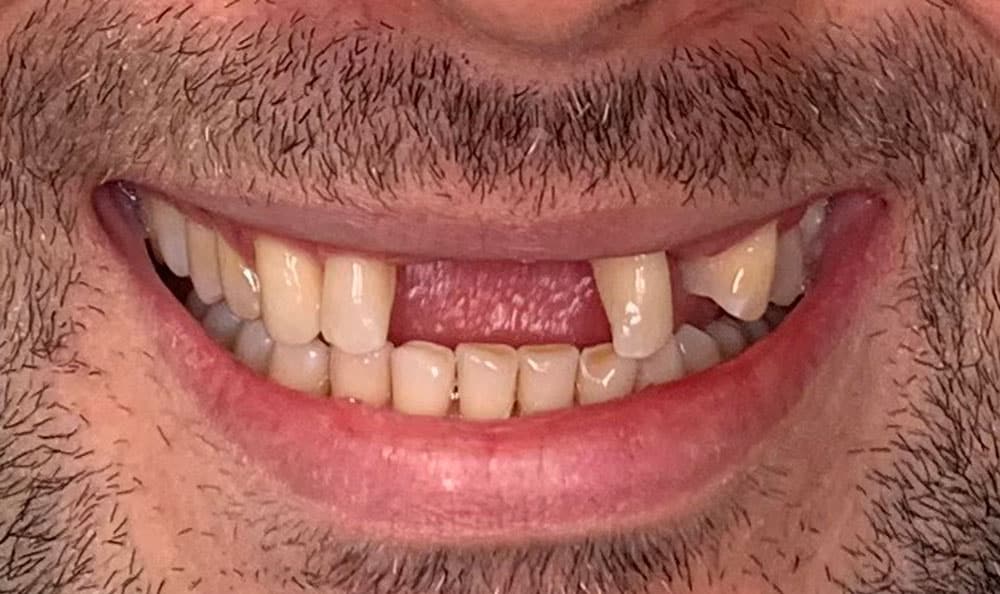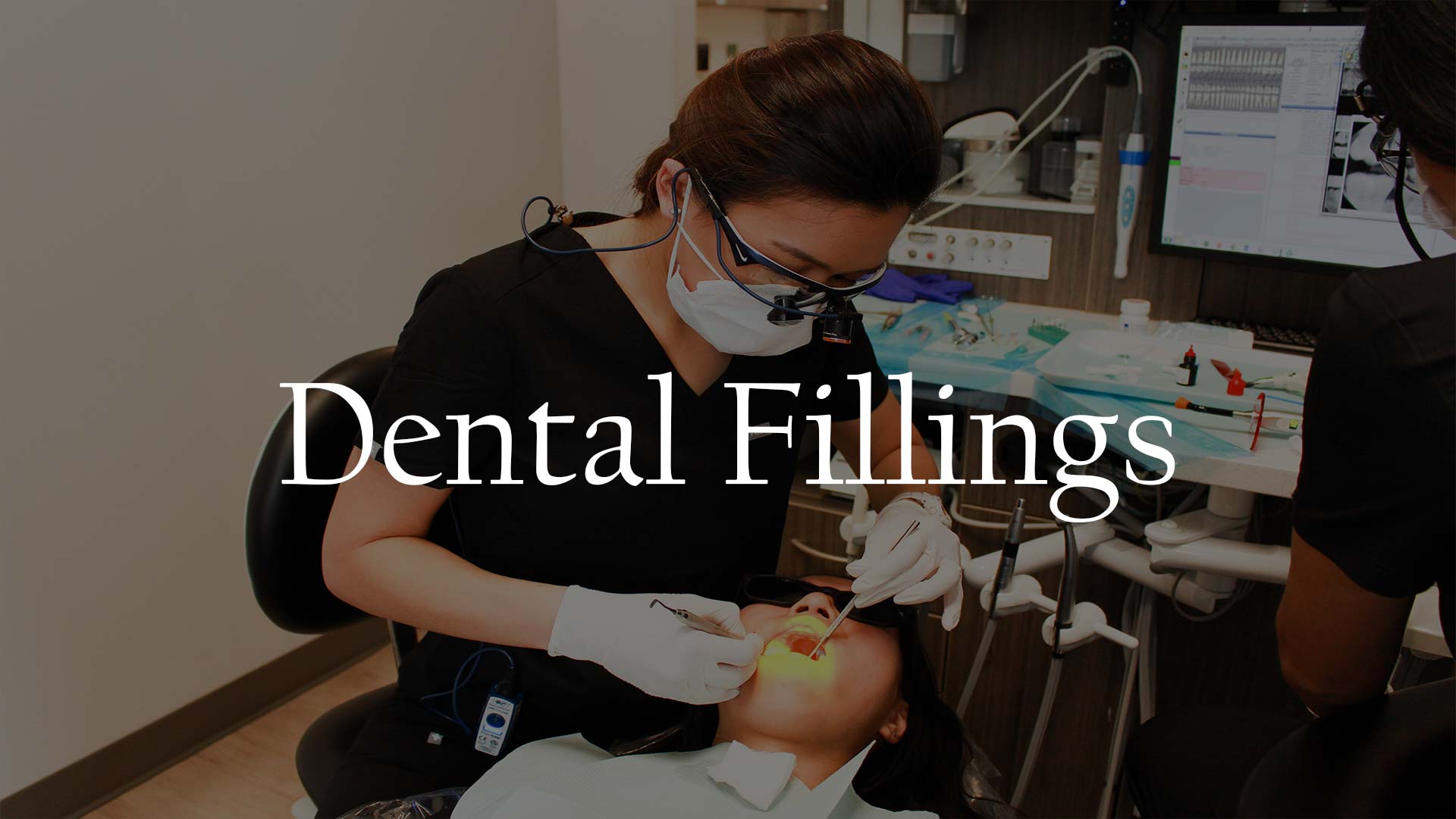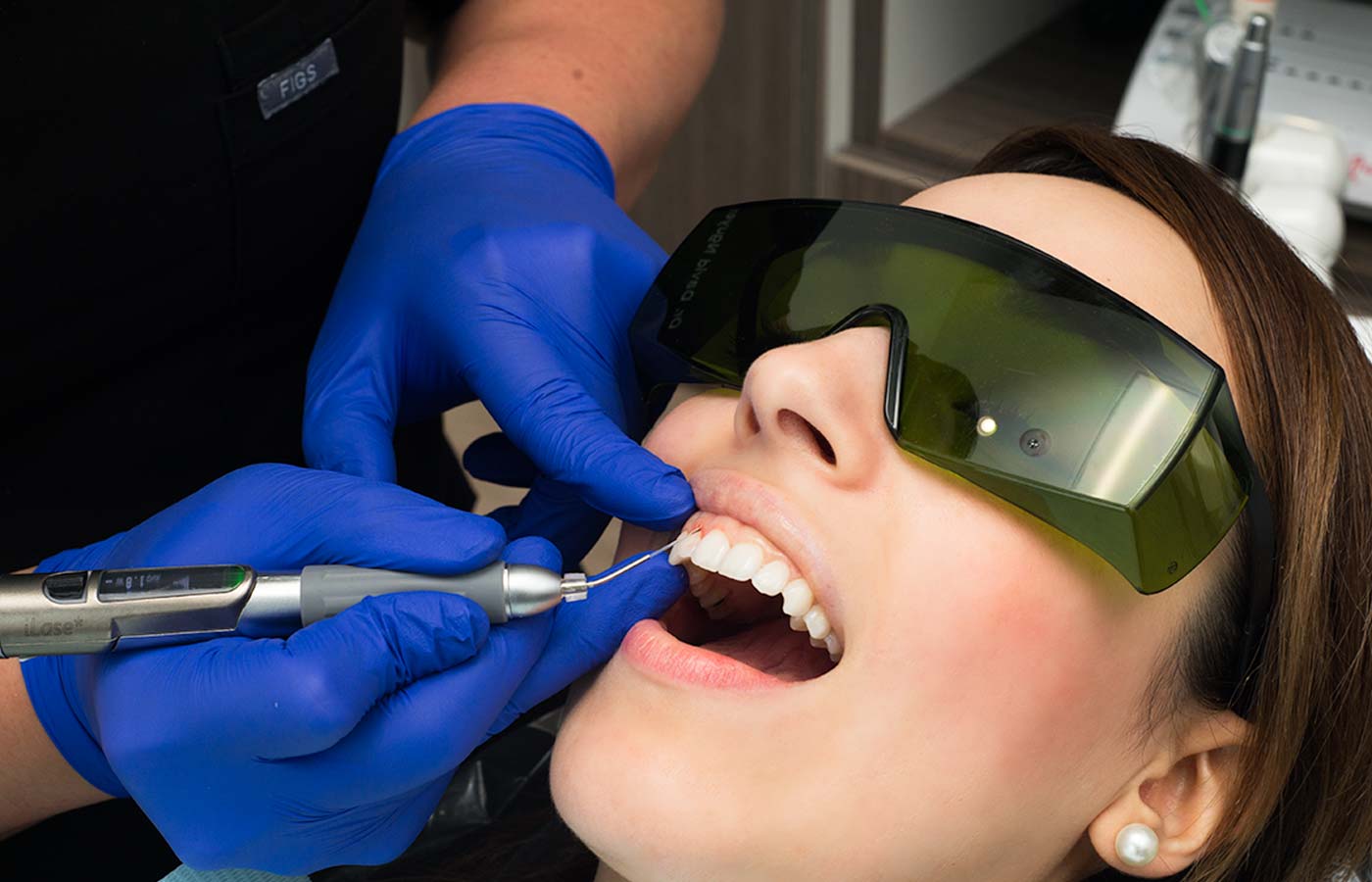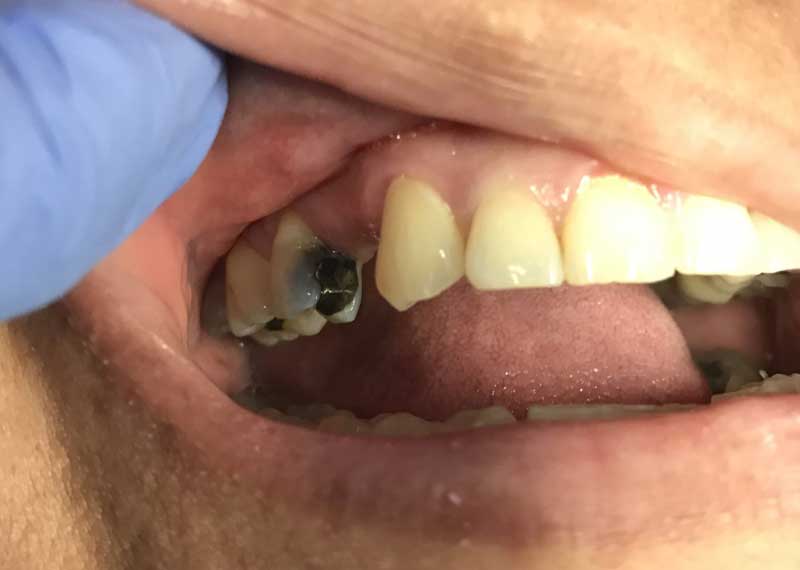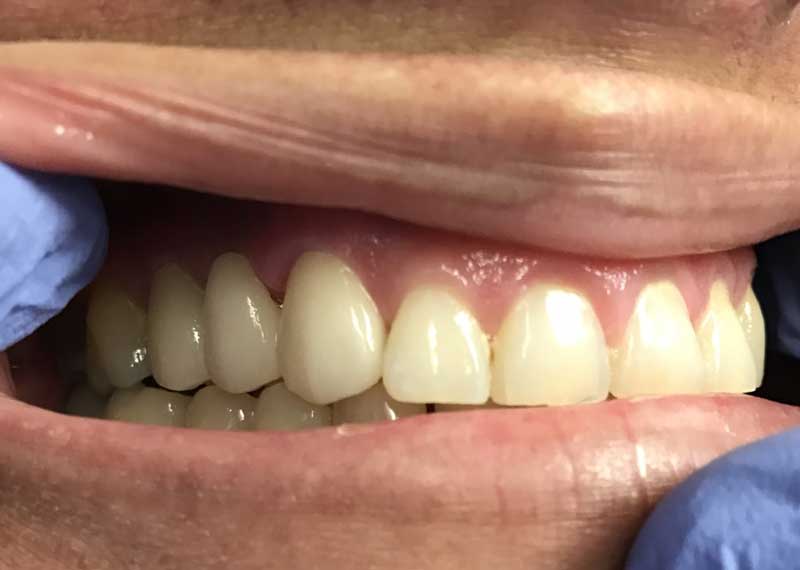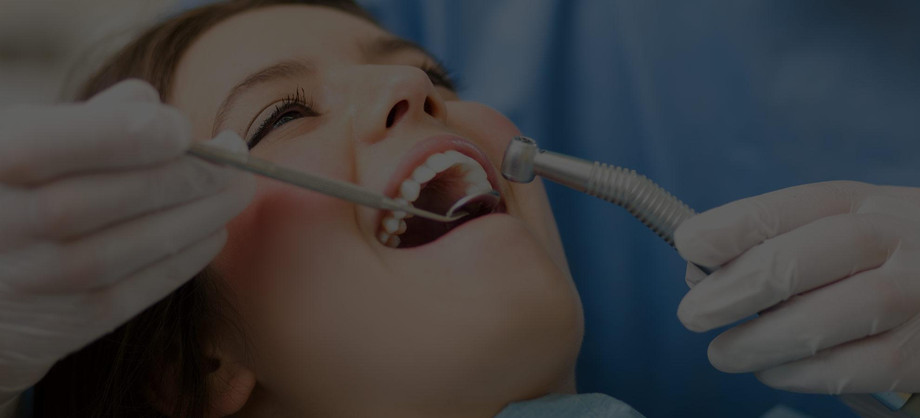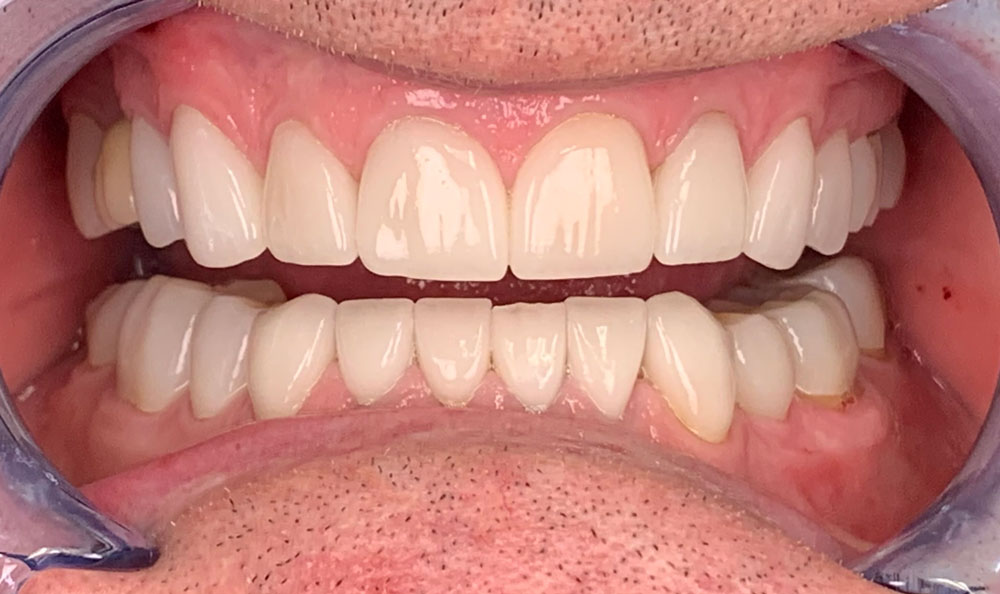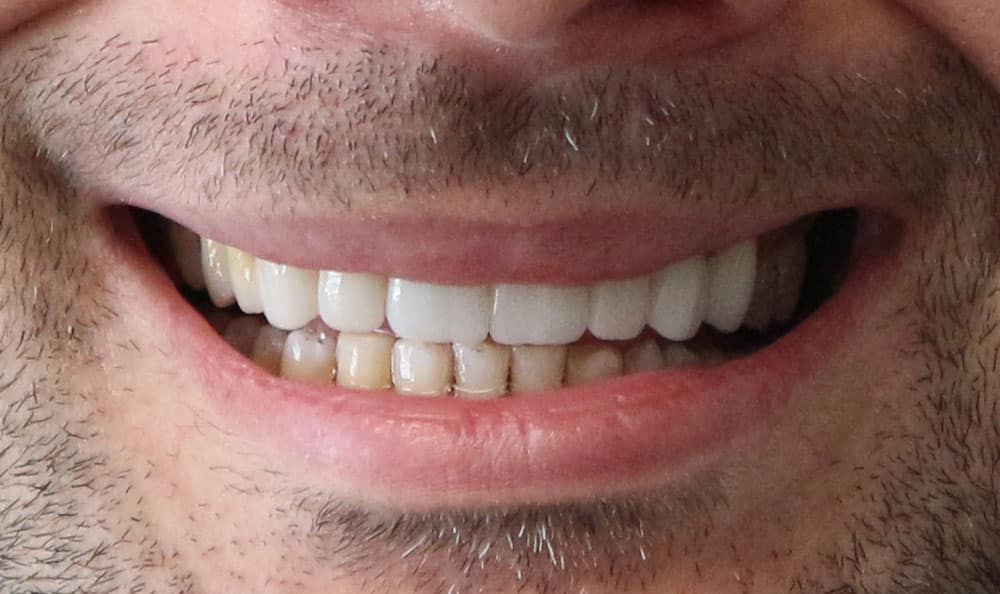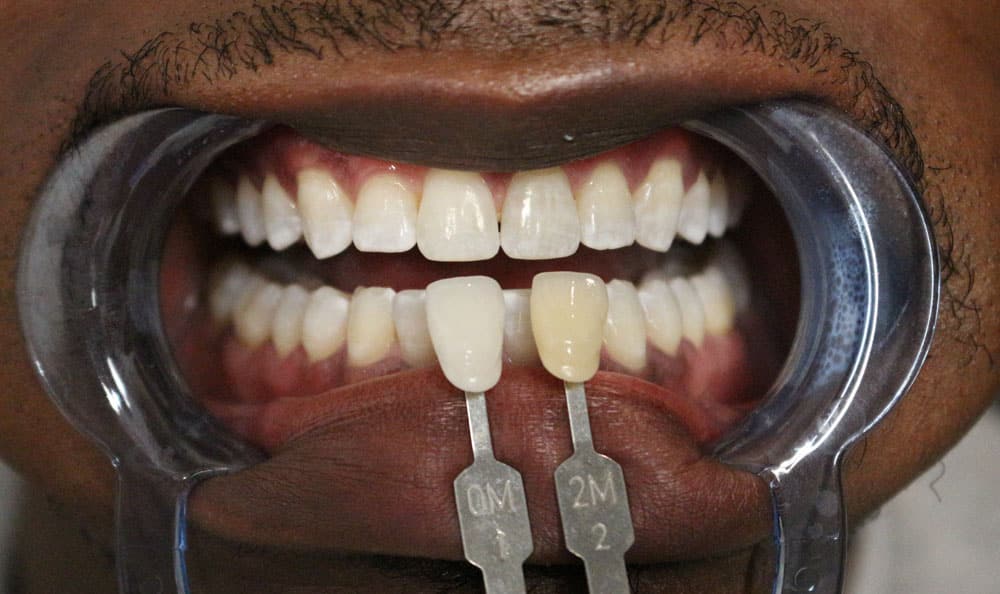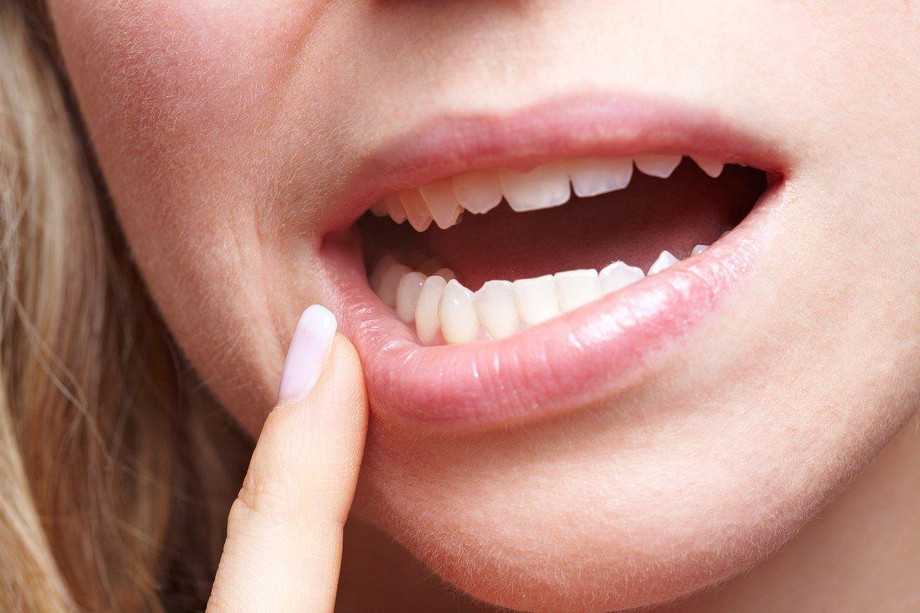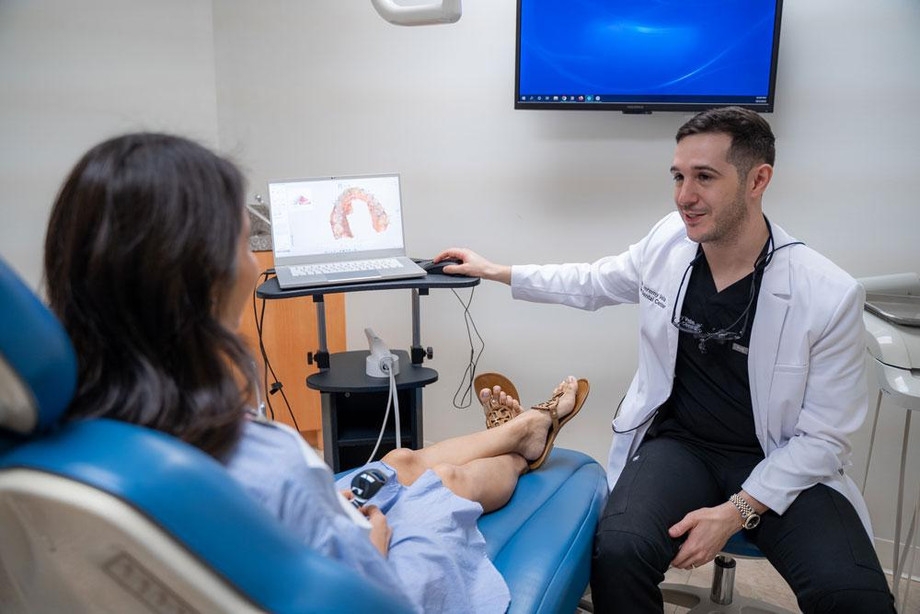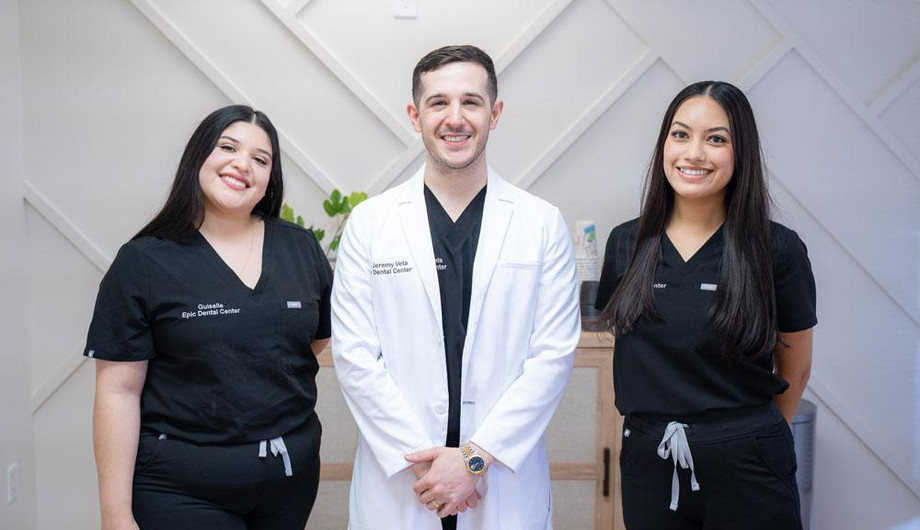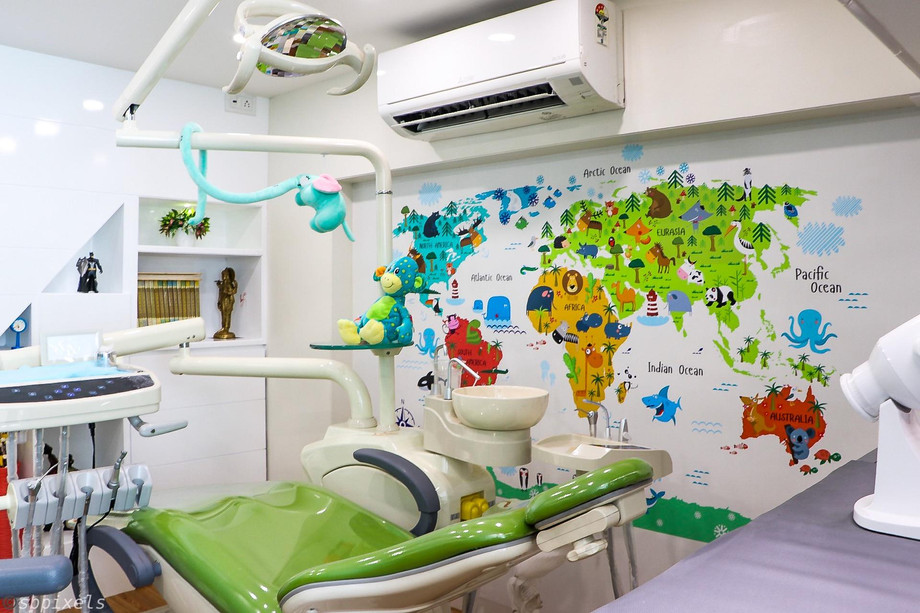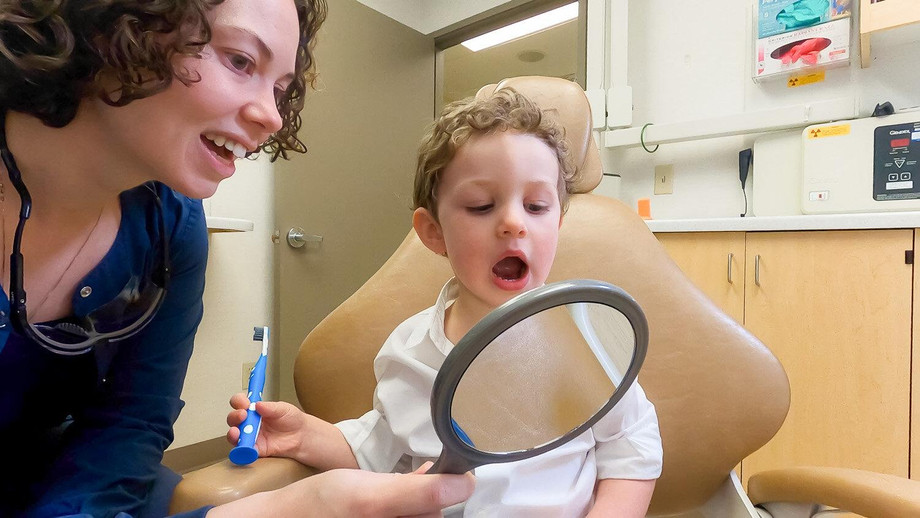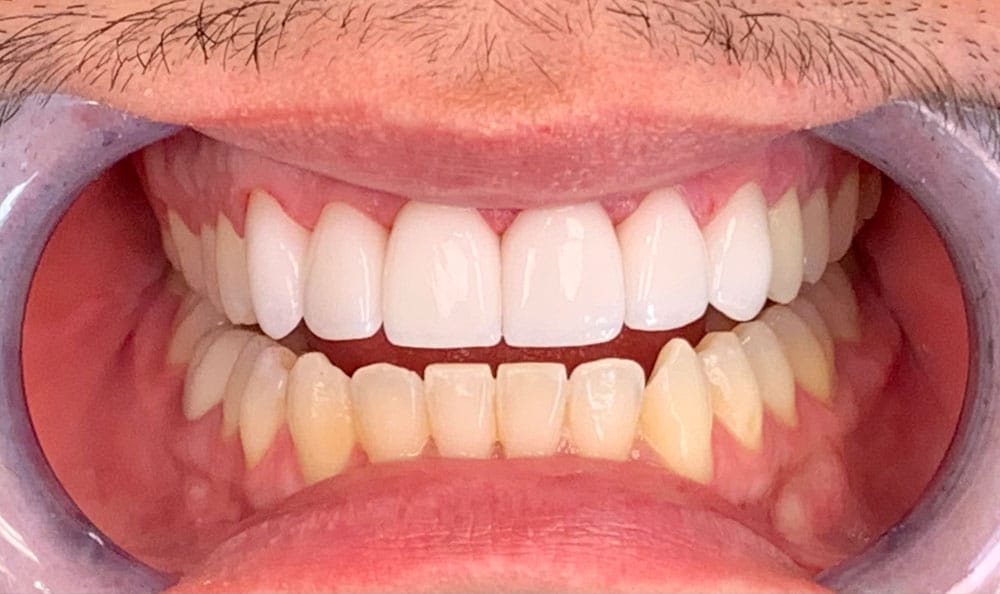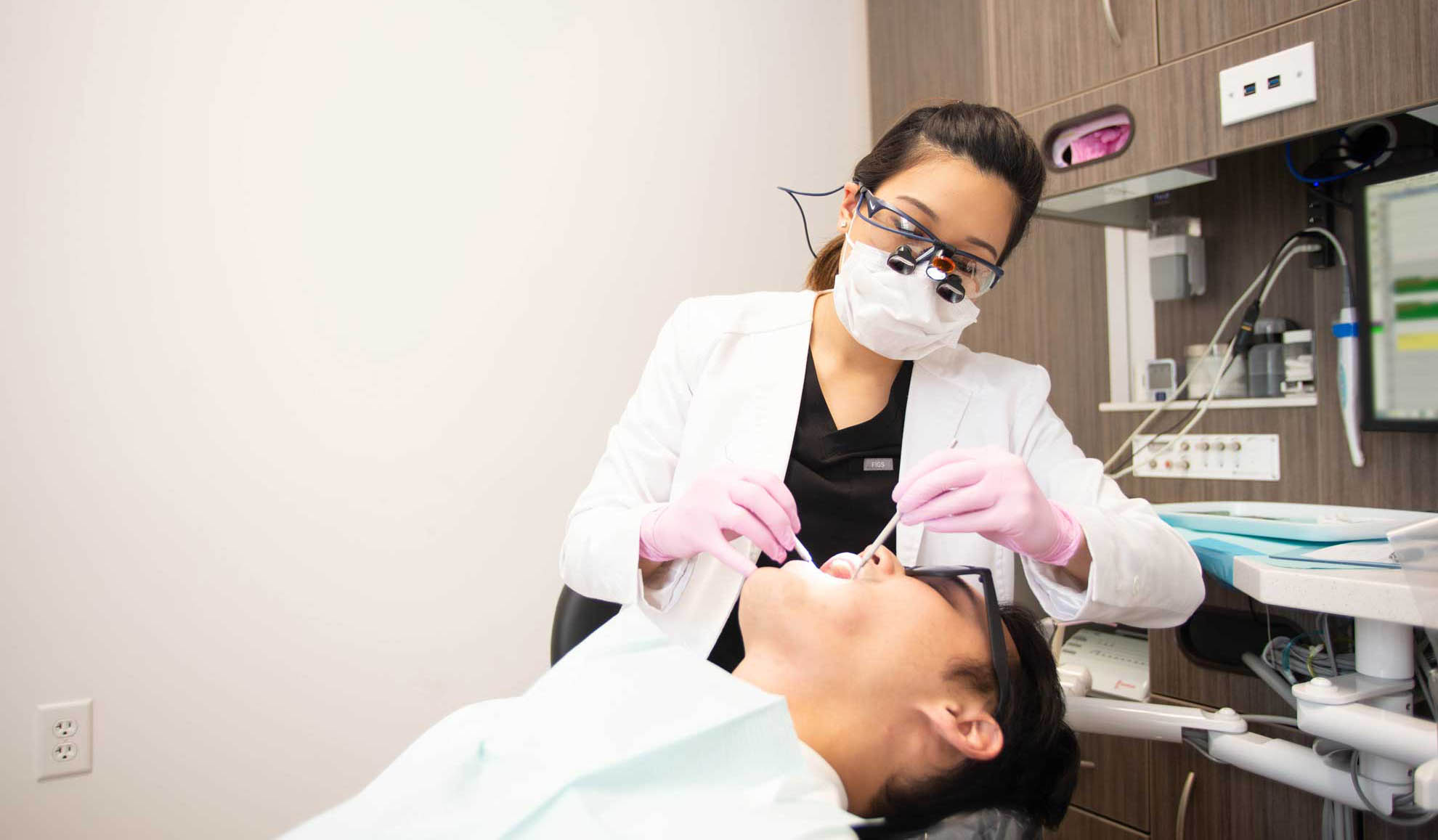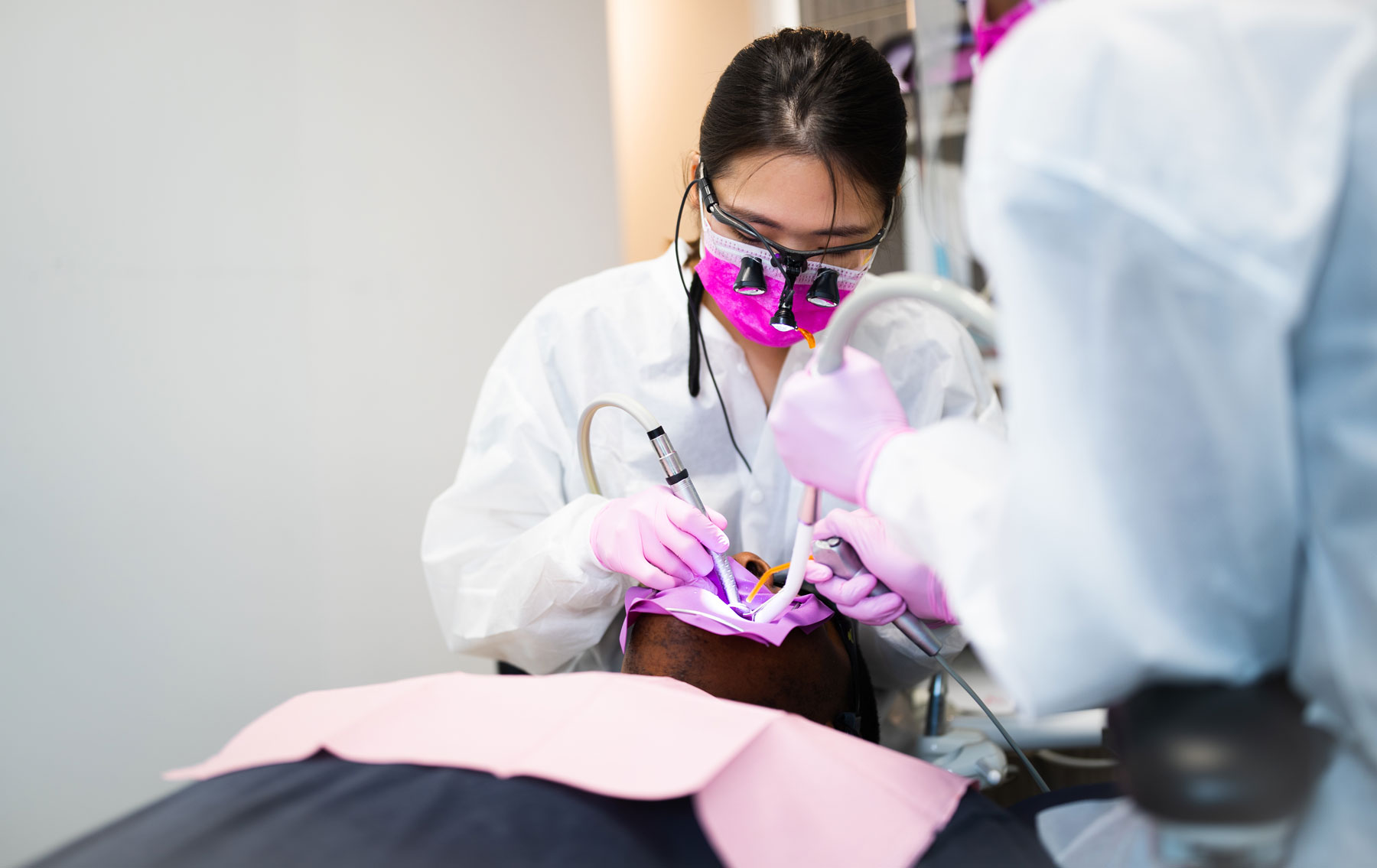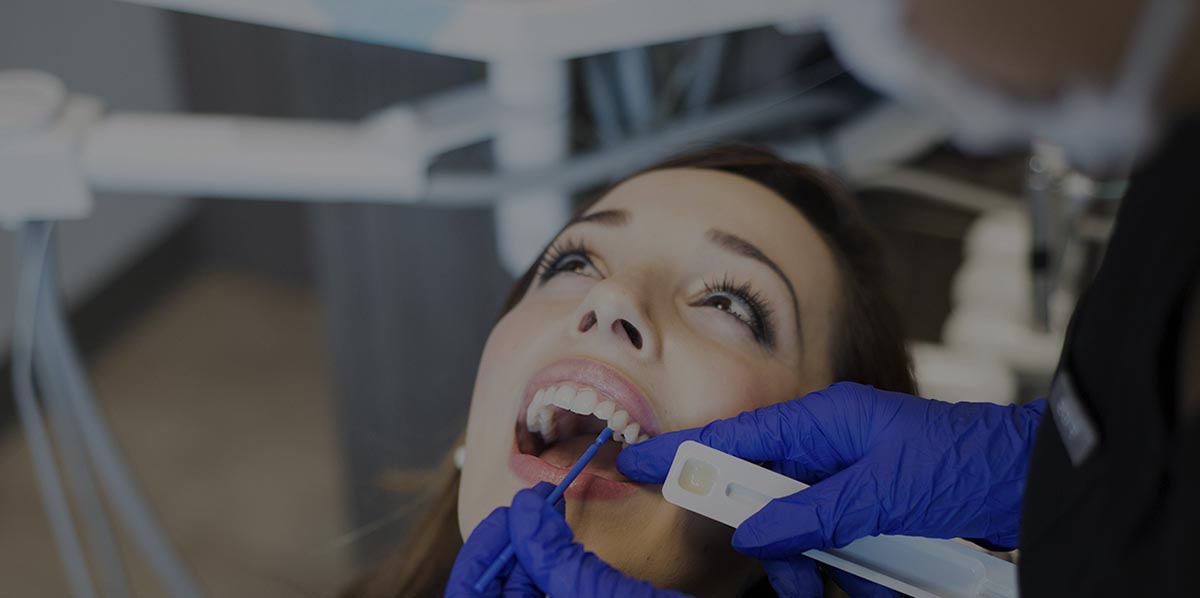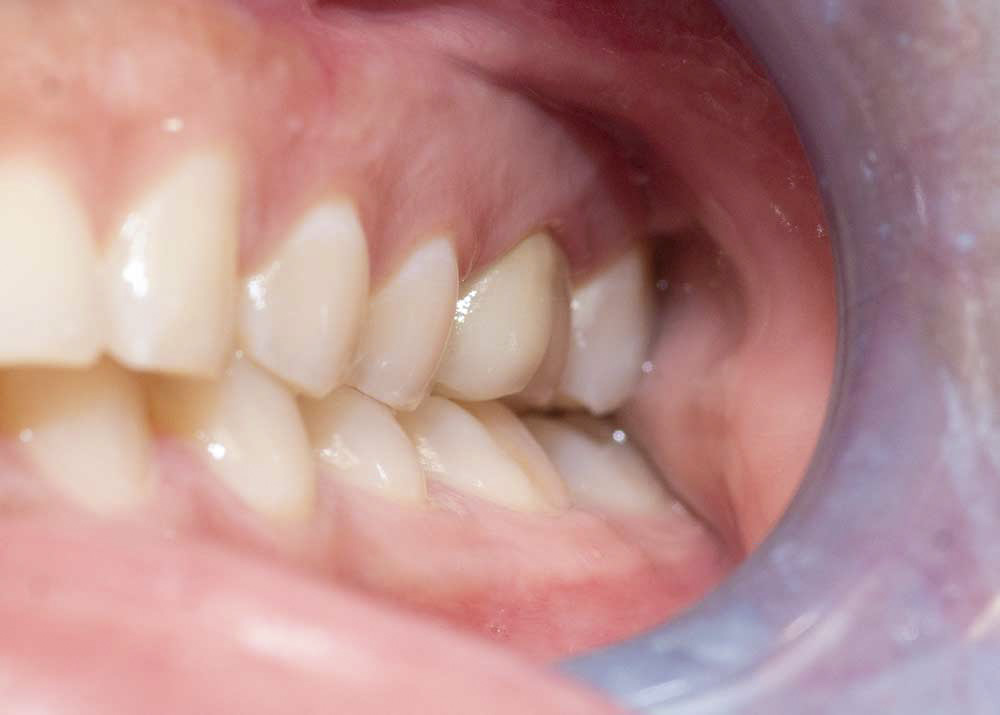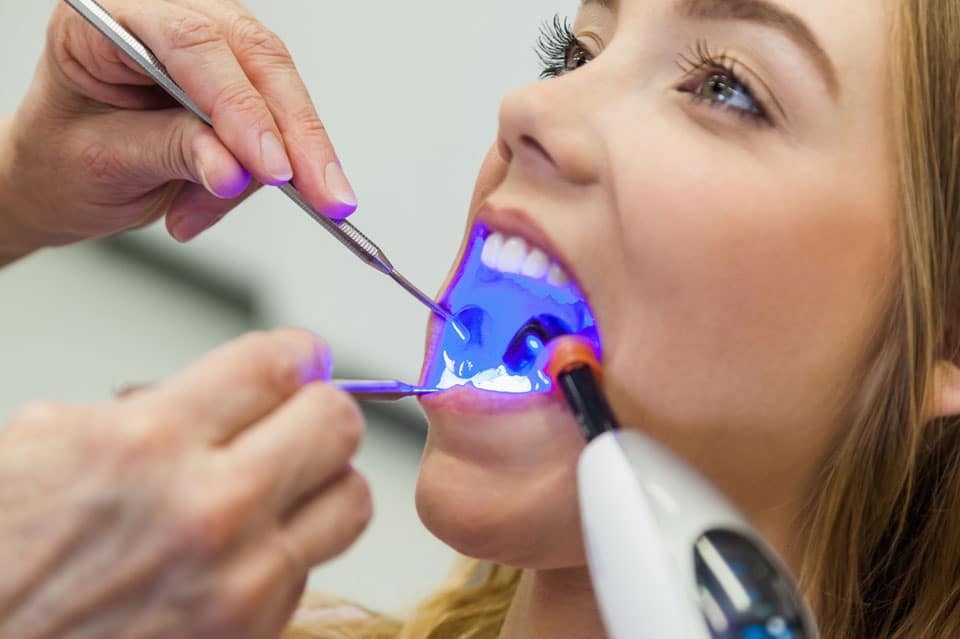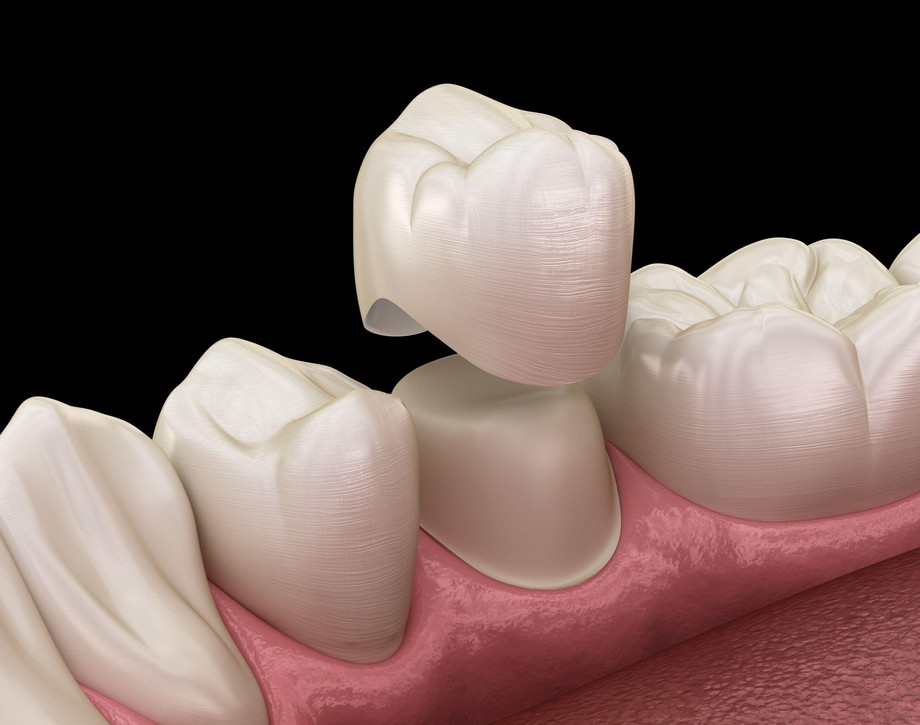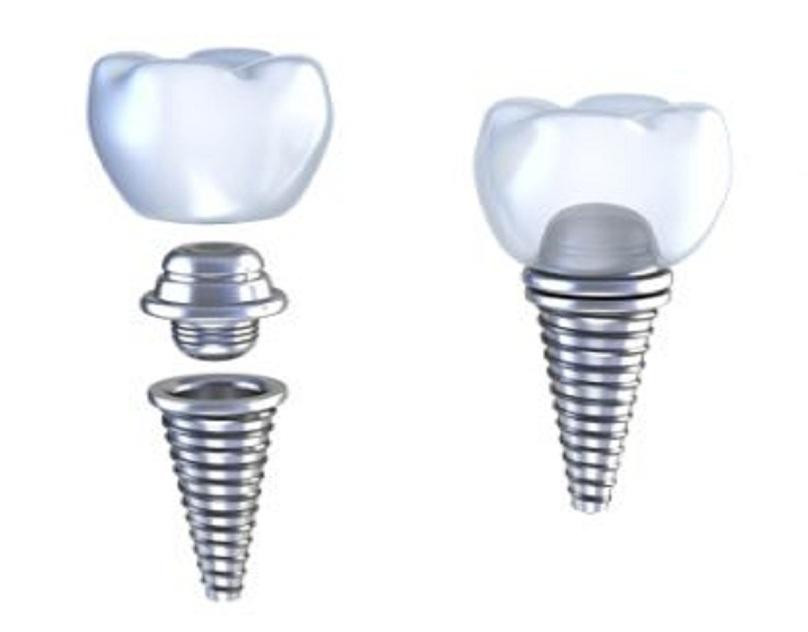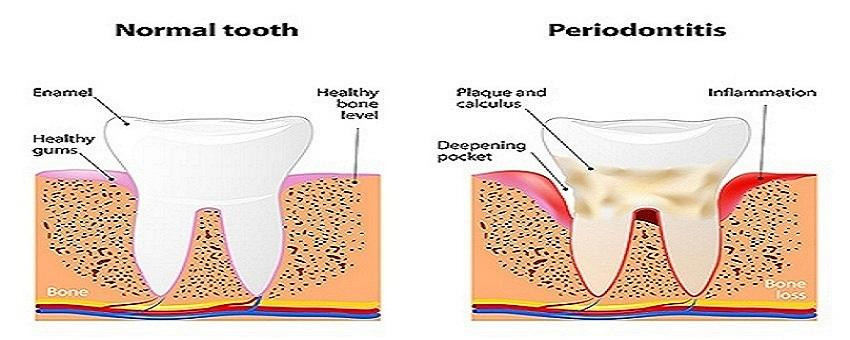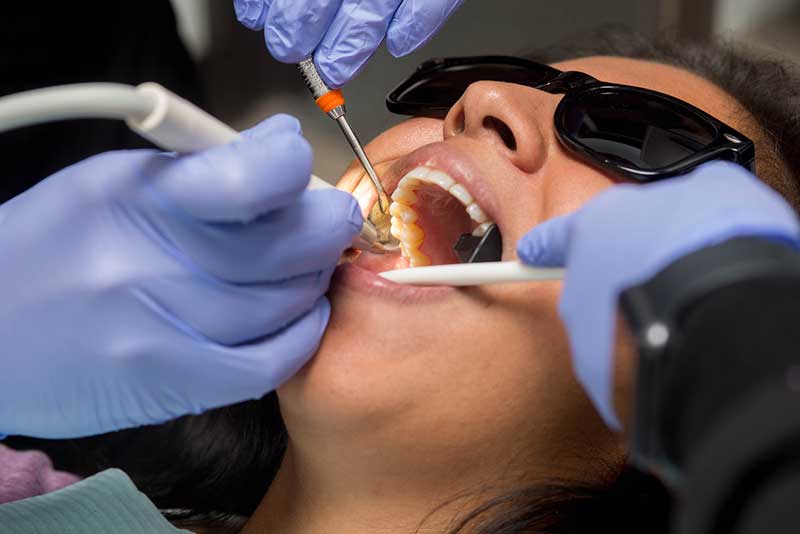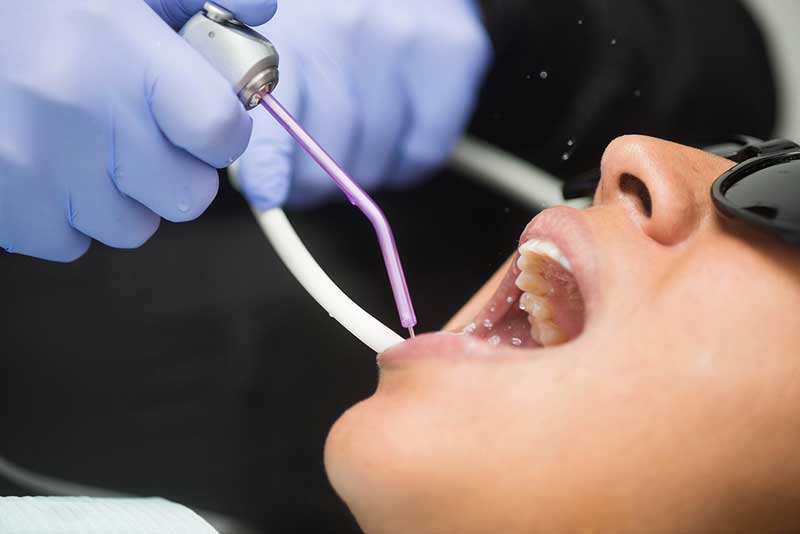The laser-assisted new attachment procedure (LANAP) is a treatment involving laser for periodic disease. This treatment eliminates incisions and sutures from the procedure to ensure precision and efficiency. In this article, you will learn about the common question people ask.
How does LANAP work?
Your dentist will first remove the tartar accumulation from the surface of your teeth with an ultrasonic scaler and smaller dental tools. Afterward, Advanced Laser Dentistry will aim a small amount of laser from tiny fibers between the tooth and gums to eliminate tissues and decrease bacteria buildup. After cleaning the area, your teeth and gums will take a few times to heal.
Who is eligible for LANAP Treatment?
Anyone with moderate to severe gum disease cases requiring periodontic treatment can undergo LANAP treatment. This procedure is also ideal for patients who suffer from dental anxiety and fear of large instruments.
Will I need to stop using medications for LANAP?
Due to the unique features of laser wavelength, patients need to stop any medication they are having, including aspirin or blood thinners.
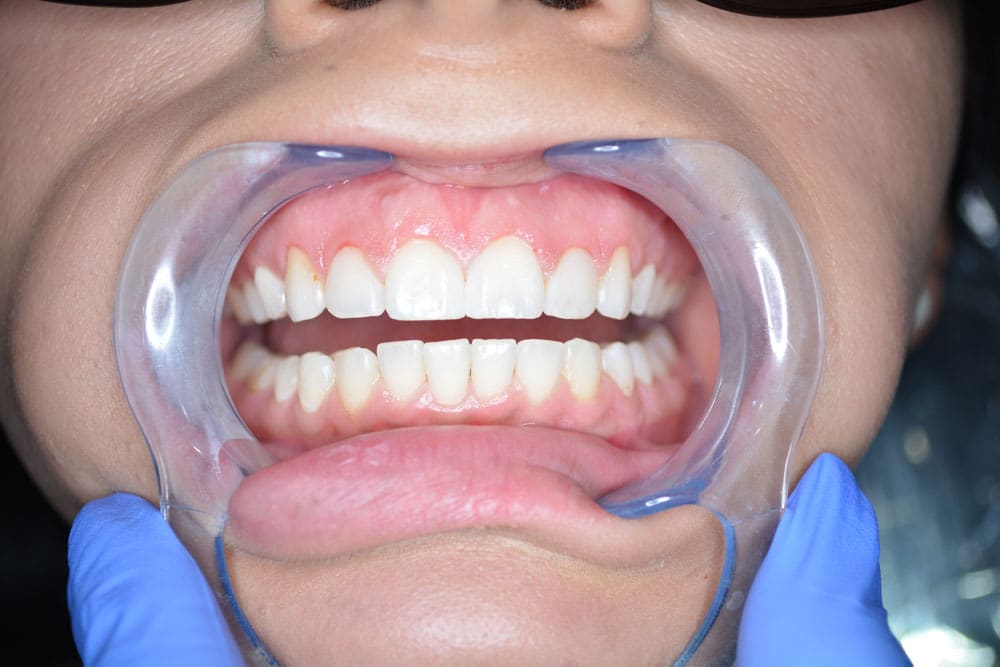
How painful is the procedure?
While the procedure causes minimal pain, the dentist may provide local anesthetics to ensure no pain. This will allow you to handle laser treatment accurately. Patients may experience discomfort or soreness after the treatment for a few days. The dentist will also prescribe some medication, including painkillers and antibiotics until your gums heal completely.
What is the typical duration?
The treatment level focuses on scaling and removing tartar and plaque accumulation under your gums. The laser part of the treatment follows immediately and takes a few minutes after the treatment.
It also depends upon the severity of the patient’s condition; the treatment may be completed in one or multiple office appointments. Dental Clinics In Houston will review the time and discuss it with a proper plan.
Can LANAP help to save a loose tooth?
Dental Clinic uses LANAP to save a loose tooth that may not be in good condition. The dentist can eliminate infected gum tissues with laser therapy and encourage tissue reattachment. Saving your tooth is the top priority until all options are exhausted.
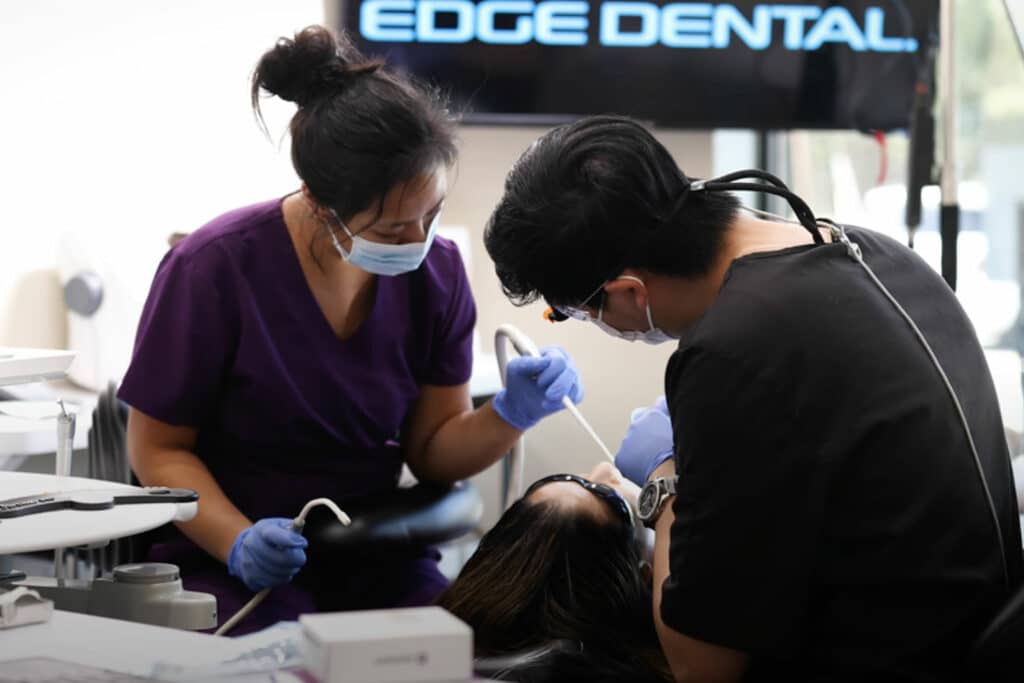
Does the treatment cost more than regular gum surgery?
Generally, laser treatment costs just the same as traditional surgery. Moreover, some factors can affect the cost of the treatment, such as the severity of the case and the number of impacted teeth; patients should also tell the dentist about financing options so that dentist can help them.
Can any laser be used for LANAP?
Only the laser meets the requirement of the LANAP. The laser treatment can use a wavelength that can differentiate between healthy and infected gum tissue.
Conclusion
To know more about the treatment, you should consider visiting Texas Dental Clinic for conditions like a loose tooth, implant disease, and gum disease.
Article Source : https://www.healthymindz.com/what-are-the-frequently-asked-questions-about-lanap/
